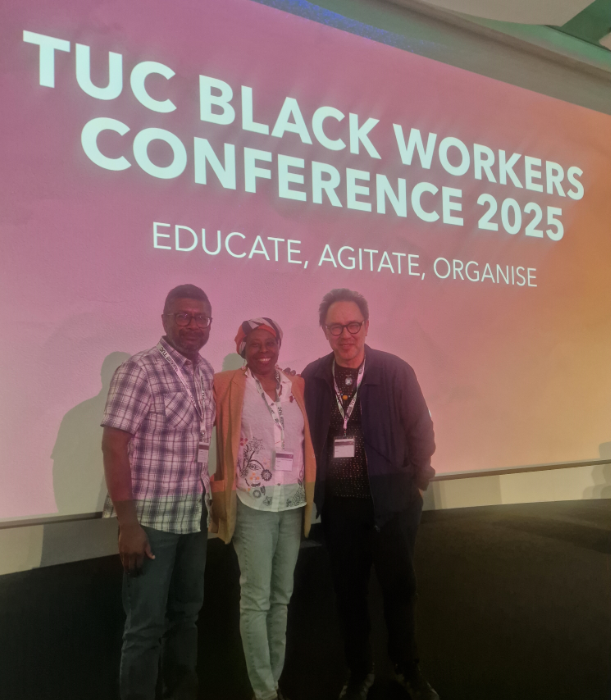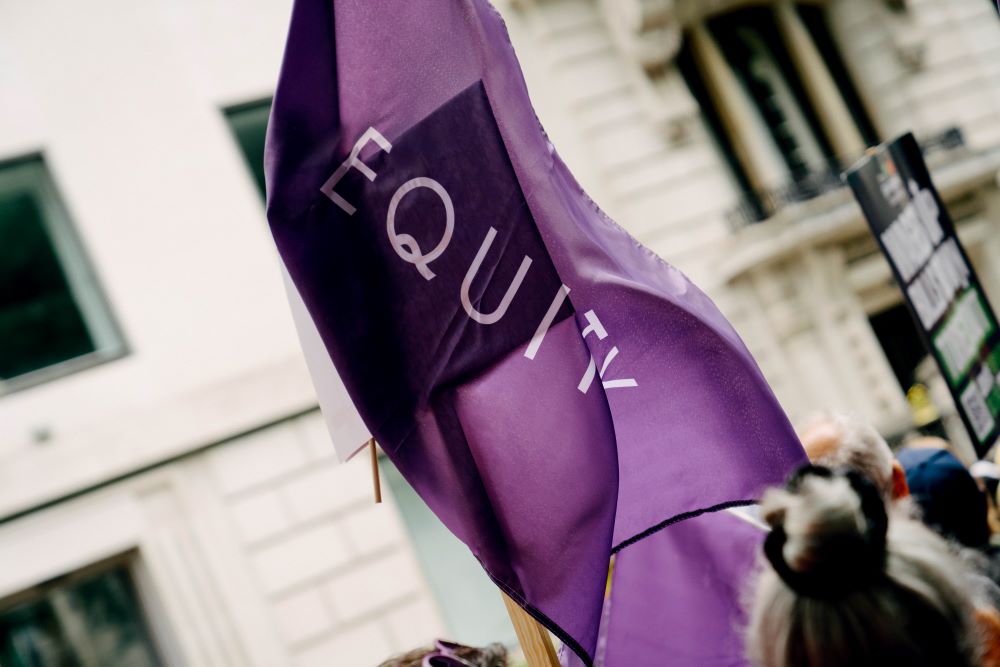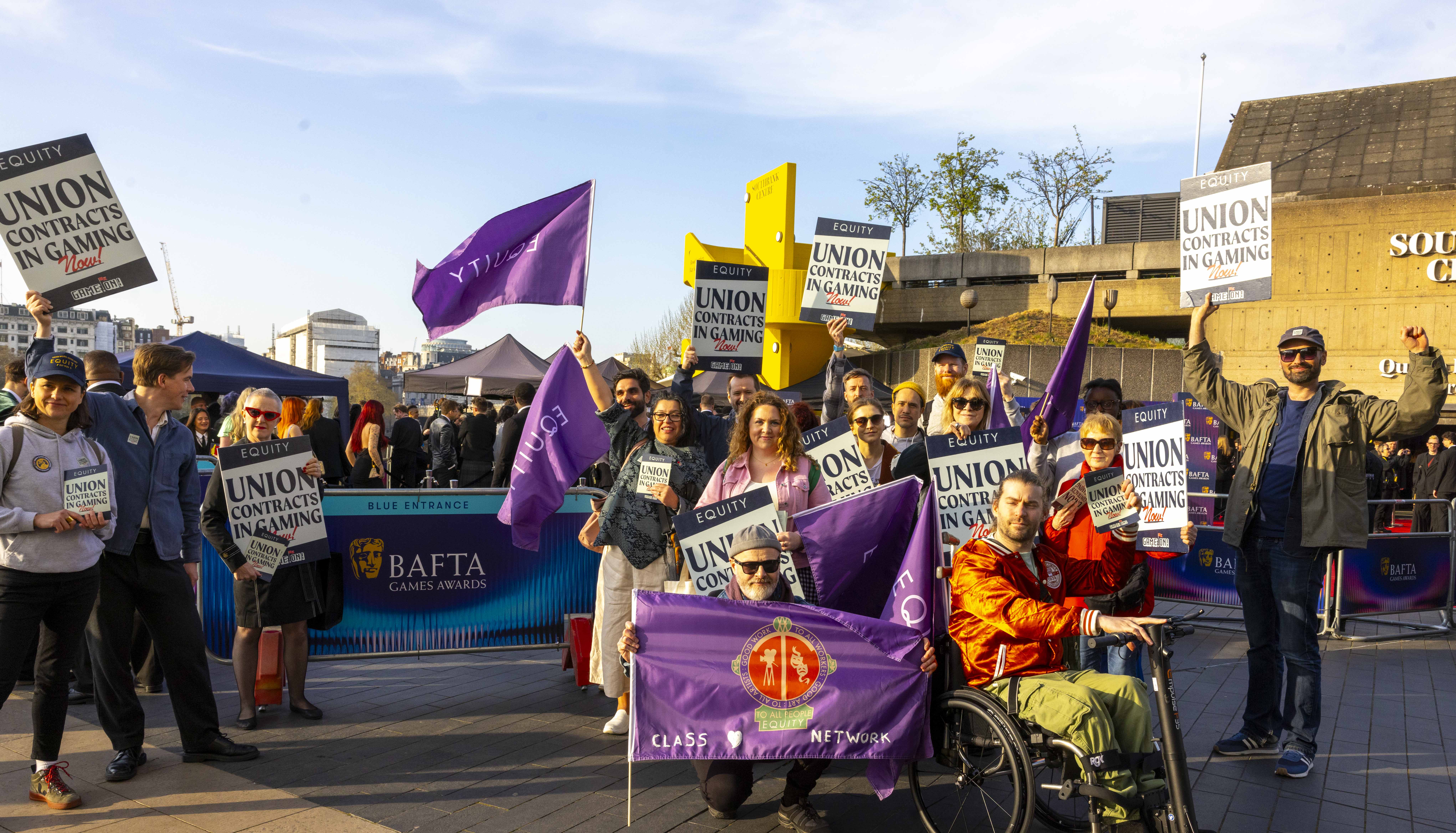- Olivia Colman calls findings “shocking” while Imelda Staunton wants “to see all parties promising much more on the arts”.
- Since 2017 arts funding from national bodies (Arts Councils in England, Northern Ireland and Wales, alongside Creative Scotland) has been cut by 16% in real terms across the UK.
- Funding in England has dropped by 11%, in Wales by 30% and in Northern Ireland by 16%, with data also available for each constituency.
New research commissioned by Equity and carried out by the Autonomy Institute shows that overall arts funding for the UK from national bodies (Arts Councils England, Arts Council of Northern Ireland, Arts Council of Wales and Creative Scotland) has been cut 16% in real terms since 2017.
Funding in England dropped by 11%, in Wales 30%, and in Northern Ireland 16%. It increased in Scotland by 2%. It is possible to see how arts funding has changed for each constituency using our Arts Funding Tracker. For instance, Prime Minister Rishi Sunak’s constituency Richmond and Northallerton has seen a 10% cut to average annual real terms funding since 2014 (with data for constituencies going further back than 2017).
The figures underline the need to defend and extend funding for the arts, which is why we are calling on Equity members to contact their local Parliamentary candidates seeking commitments for this alongside four other demands (detailed below) in the run up to the General Election.
Paul W Fleming, Equity General Secretary, says:
“Equity’s members have faced central government austerity in the arts and entertainment industries for 20 years under governments of every shade. Our five election demands – addressed to candidates of all mainstream parties – put reversing the erosion of funding at the top of the list. The other four of our demands focus on the rights of our precarious, freelance membership. We need a government which supports our members, and all working people, to get their fair share of the profits they create. There are no creative industries without its workforce, it’s time they were empowered and valued as much by Westminster as they are by audiences across the globe.”
Equity member and actress Imelda Staunton says:
“We’re living in a golden age of drama, especially on streaming platforms, thanks to the exceptional ability of the UK arts workforce to bring world class storytelling to global audiences. But too many places in the UK have been left without arts funding, depriving audiences and performers alike. With proper funding, there is no limit to the potential for the arts to inspire and entertain, encouraging both human creativity and economic benefits. I want to see all parties promising much more on the arts. They are not just a ‘nice to have’, they are essential to the thriving, confident country we all want to live in.”
Equity member and actress Olivia Colman says:
“Billions of people the world over want to watch stories created by UK artists on their screens and stages. Yet Equity’s research shows how government funding for the arts has been falling for decades. It is shocking to see how this key sector of the economy, and its workforce, has been neglected, despite its huge contribution to the UK’s standing in the world, and our public life. A lack of government funding increasingly means that only the wealthy can afford a ticket to the show, or to build a career working in the industry. Only some people are able to share in the stories being told. Equity’s analysis demonstrates that whoever wins the coming election must urgently bring forward plans to invest in the arts and entertainment here. This is just common sense.”
Our General Election demands to all parties
1. Increase UK arts & entertainment funding to 0.5% of GDP
Bring the UK into line with the European average for arts funding, and provide £1bn of new funding for the devolved nations.
2. Scrap the ‘tax on hope’
End the legal exemption which allows casting directories to charge upfront fees to performing artists.
3. Abolish the Minimum Income Floor
Reform Universal Credit to provide freelancers with the same protections as the employed.
4. Require all publicly funded work to be produced on Equity agreements
Ensure that any arts and entertainment work which receives public subsidy – including government tax breaks – is made on union-agreed terms and conditions.
5. Defend and extend trade union bargained royalties
Ratify the Beijing treaty to give unions a statutory right to bargain from – including in un-unionised areas like video-games and TV commercials.
Research methodology
The data was retrieved through Freedom of Information requests submitted to every arts council in the UK. Parliamentary constituencies were updated to match the current constituencies and adjusted for inflation. Autonomy computed the figures via linear regression, to adjust for spikes in funding and allow them to map trends at a constituency level over time. You can find out more about the methodology here.




